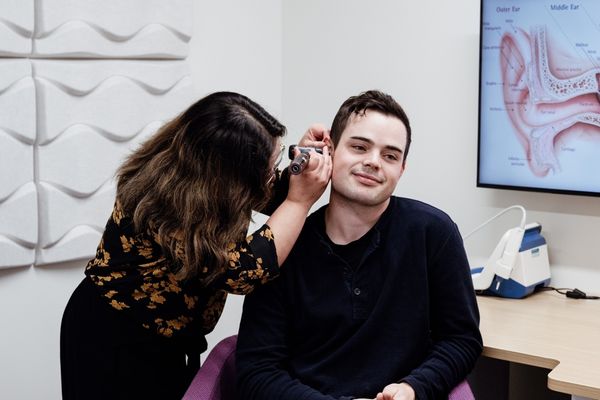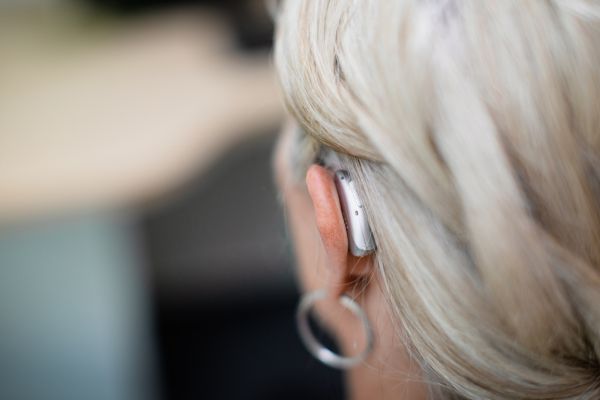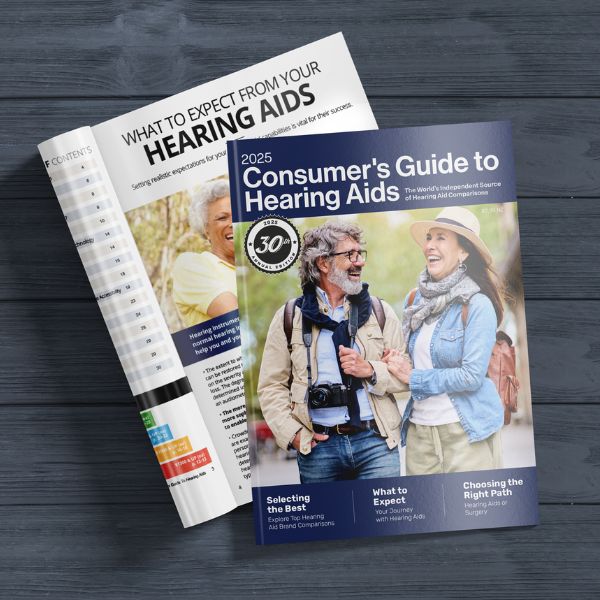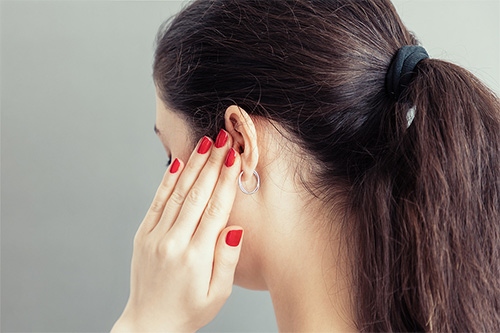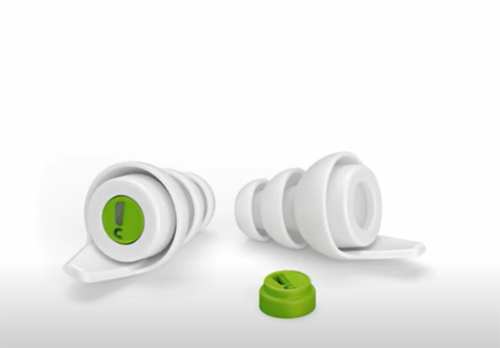Although as humans, we are highly visual creatures, we rely on our auditory system for various reasons. We depend on our hearing to communicate, listen to music, stay socially active, and more. Our dependence on our sense of hearing explains why experiencing hearing loss can be more socially debilitating than blindness.
What is Diplacusis?
Diplacusis is also known as double hearing. It is a form of hearing loss when you hear the same sound differently in each ear. Your brain interprets the sounds you hear. When you suffer from double hearing, you hear two separate sounds with a different pitch, timing, or tone.
Living with the condition is highly frustrating and irritating to most. While for some people it is only temporary, for others it is permanent. Depending on your pitch perception, you can have various types of diplacusis, such as:


